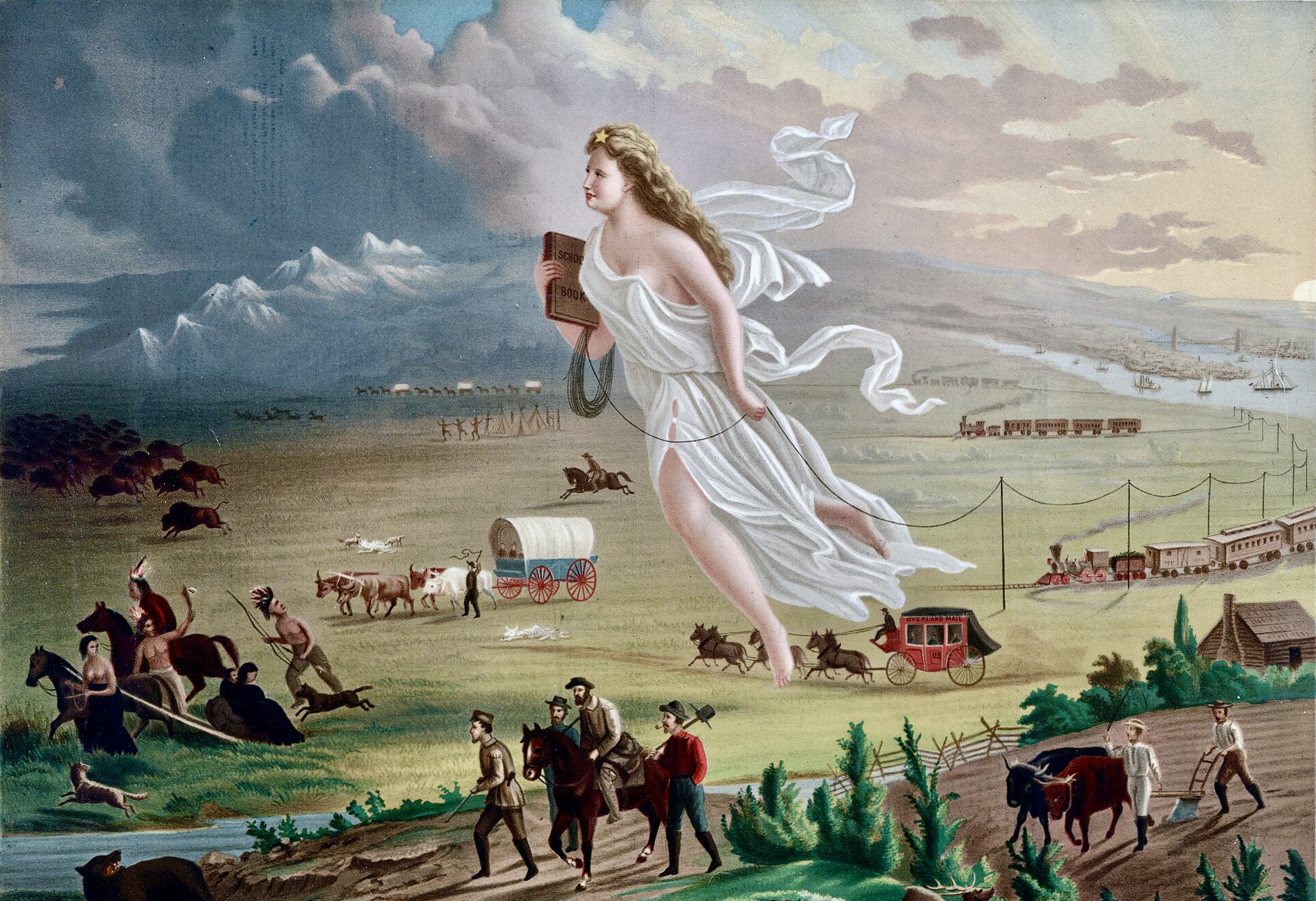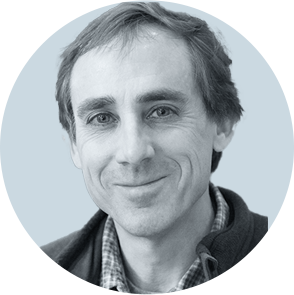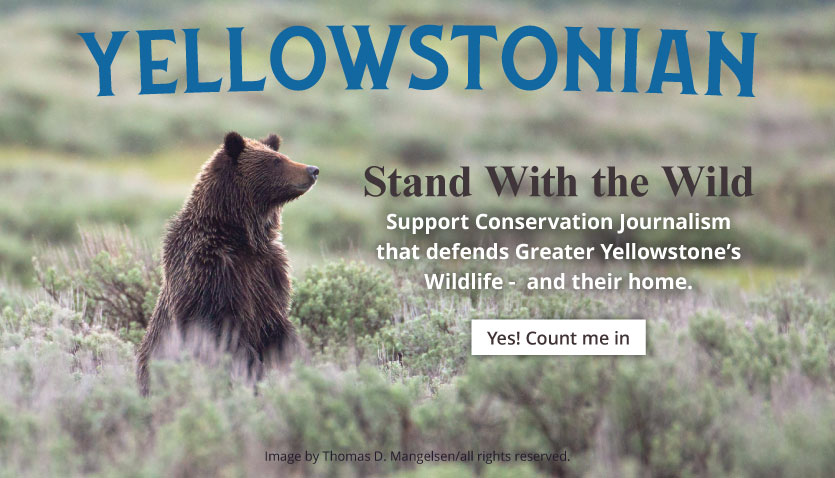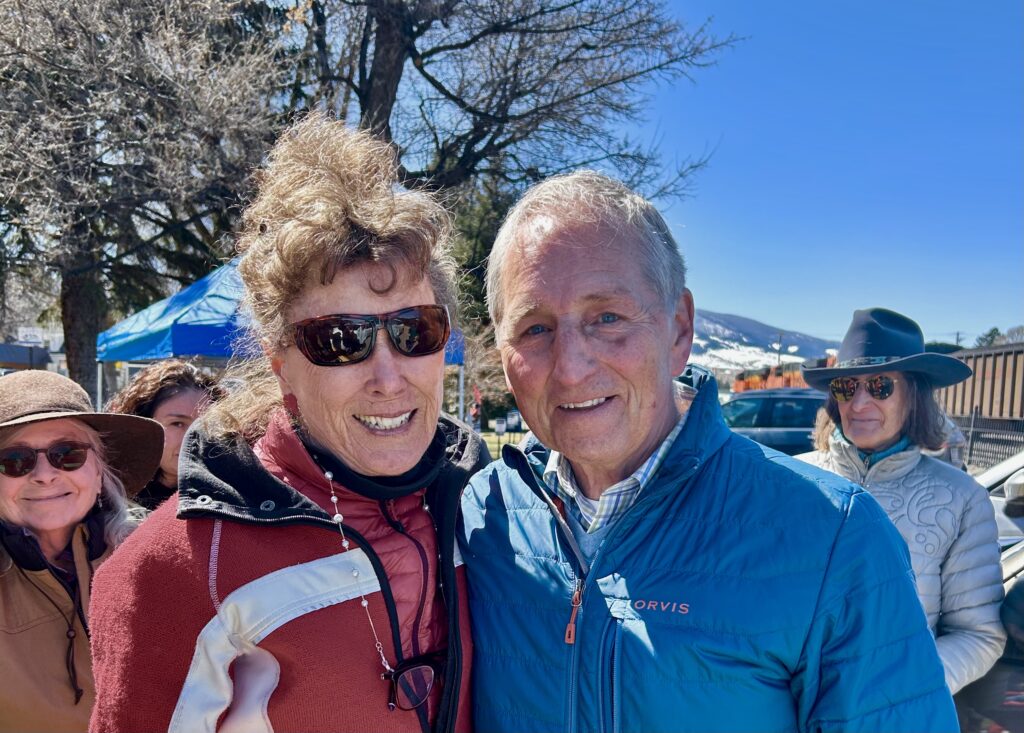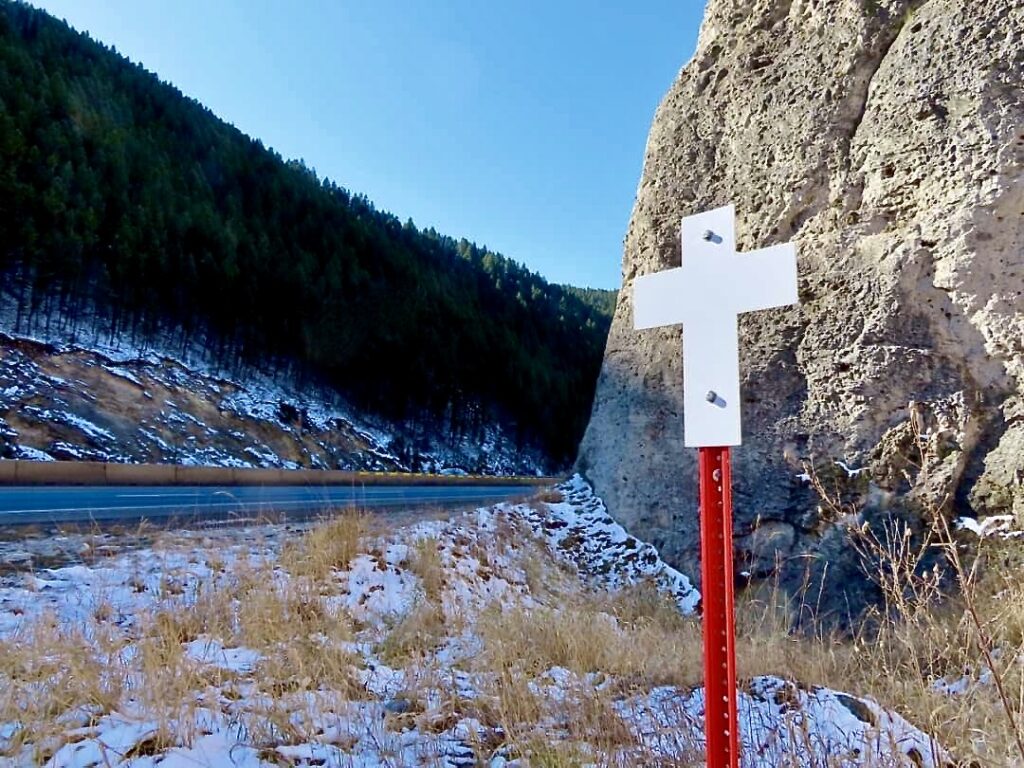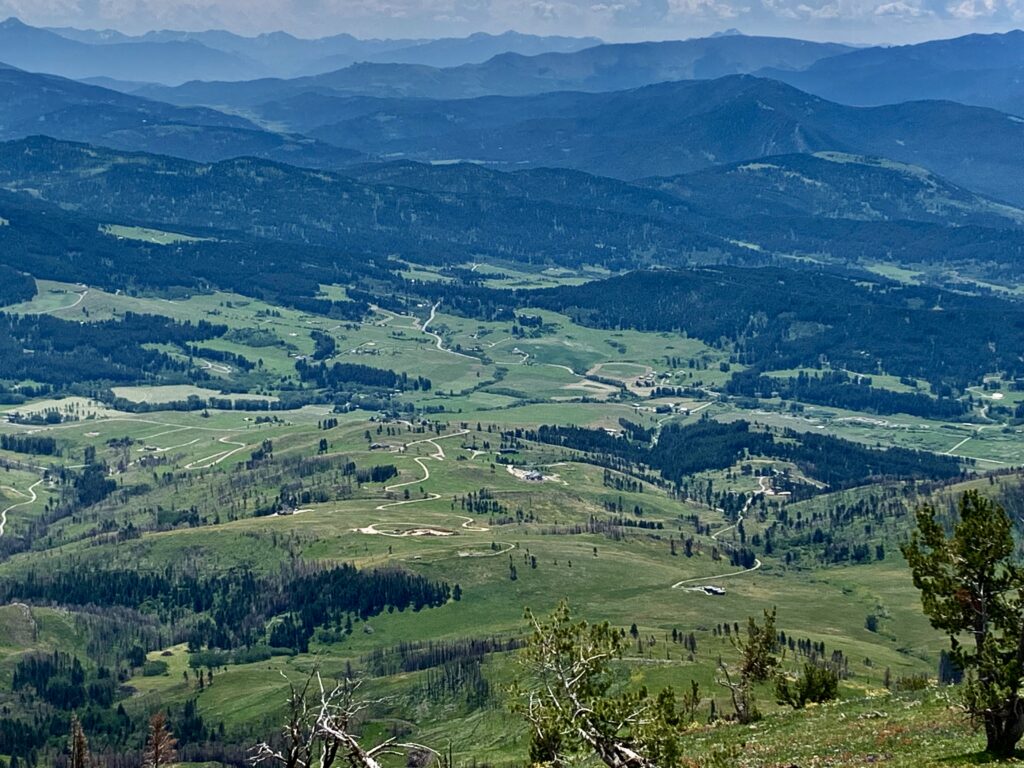by Todd Wilkinson
For decades, leading thinkers have been pondering “the New West”—that geographic Rorschach test portrayed as an alternative to the “there for the taking” paradigm that had come to dominate the American West in recent centuries.
Long treated as a vast and inexhaustible natural resource colony, often exploited by powerful outside interests, the region was raided for its minerals, trees, grasses and energy—many areas abused and a legacy of environmental degradation in its wake. Along with this, federal policies were implemented in Washington D.C. by politicians who answered to wealthy campaign contributors believing that if land weren’t producing raw materials and profits for them, then what good were they?
Underlying it all were myriad aspects of genocide aimed at native people.
Little of this aligns with romanticized mythology that still looms large today.
The late law professor Charles Wilkinson who specialized in Western water policy issues and knew the hymnal of Manifest Destiny well, called robber barons the “lords of yesterday.” Often, Wikinson ruminated on the still-evolving impacts of a cultural shift that occurred in the latter years of the 20th century. Traditional extraction gave way to something else—the New West in which economic development was driven by commodifying natural beauty, outdoor recreation and supercharged by speculative real estate selling lifestyle dreams to retirees and second homeowners who can afford to buy it.
Examining kinds of growing pains which the New West ignited has been central to the professional work of community conservationist Luther Propst. He says that finding a balance between loving nature, conserving it and destroying it has proved elusive and made worse by profiteers pushing a new myth that endless growth is sustainable.

Looking up and down the Rockies at mountain towns —many of which switched from being historic mining camps to becoming toney playgrounds for the rich at the expense of working class folk—he once said: “The problem is that the Lords of Yester(day) never disappeared as we were promised and the challenges of the New West are far worse than we were promised. I don’t want a West of man-camps and gas field booms, nor a West of precious tourist towns that exist to feed a global cowboy/mountain man/Disney/ski resort/New Age fantasy, surrounded by busted towns that are ghettos for workers.”
Now Propst is a public servant in Jackson Hole, an elected member of the Teton County Commission in one of the richest per capita counties in America. He is witnessing firsthand the negative transformation of the wild West in ways he wouldn’t have imaged 30 years ago when he, too, was a booster of the New West economy.
Propst is co-editor of a new engaging and incredibly timely volume of essays, “A Watershed Moment: The American West in the Age of Limits.” Together with college professors Robert Frodeman and Evelyn Brister, the book has more than two dozen think pieces by voices from across the West, including several that are centered in Greater Yellowstone. (Full disclosure, I explored the rise of industrial strength outdoor recreation as a New West form of consumptive resource extraction that is not “conservation”).
Frodeman too has a front-row seat to vexing challenges converging in Greater Yellowstone and which have implications for all 12 of the western states. A resident of Hoback Junction south of Jackson Hole, he moved to the ecosystem more than a decade ago.
With a doctorate in philosophy and a masters in paleoclimatology, Frodeman has written widely on environmental philosophy, public policy and the future of higher education. He’s been at the forefront of discussions about the New West while holding academic positions at the University of Colorado, the Colorado School of Mines and the University of North Texas.
Frodeman has been author or editor of 16 books and has consulted for universities and science agencies worldwide, most recently being a Fulbright Fellow at the Institute of Advanced Studies at the University of Turku in Finland in 2023.
Not long ago, Yellowstonian engaged Frodeman in a short interview about the book and in coming weeks we will be featuring excerpts from chapters written by the impressive line-up of authors on a wide range of topics. The entire list of book contributors include Brister, Propst, Frodeman, Betsy Gaines Quammen, Grady Gammage Jr, Wellington Reiter, Josiah Heyman, Jonathan Thompson, Jared Talley, Shawn Hill, Joan May, Kristal Jones, Jennifer Wesselhoff, Robert Liberty, Crystal Carr, Andrea Christelle, Regina Lopez-Whiteskunk, Drew Bennett, Travis Brammer, Hilary Byerly Flint, Monte Mills, Kekek Jason Stark, Emily Reed, Matthew Kauffman, Stewart Brock, Paul Rogers, Bonnie Baxter, Nawaraj Shrestha, Nancy Glenn, Carlin Girard and Seth Arens.
“A Watershed Moment: The American West in the Age of Limits” is published by the University of Utah Press and available at your favorite local bookseller. Keep checking in at Yellowstonian for excerpts on some of your favorite topics.
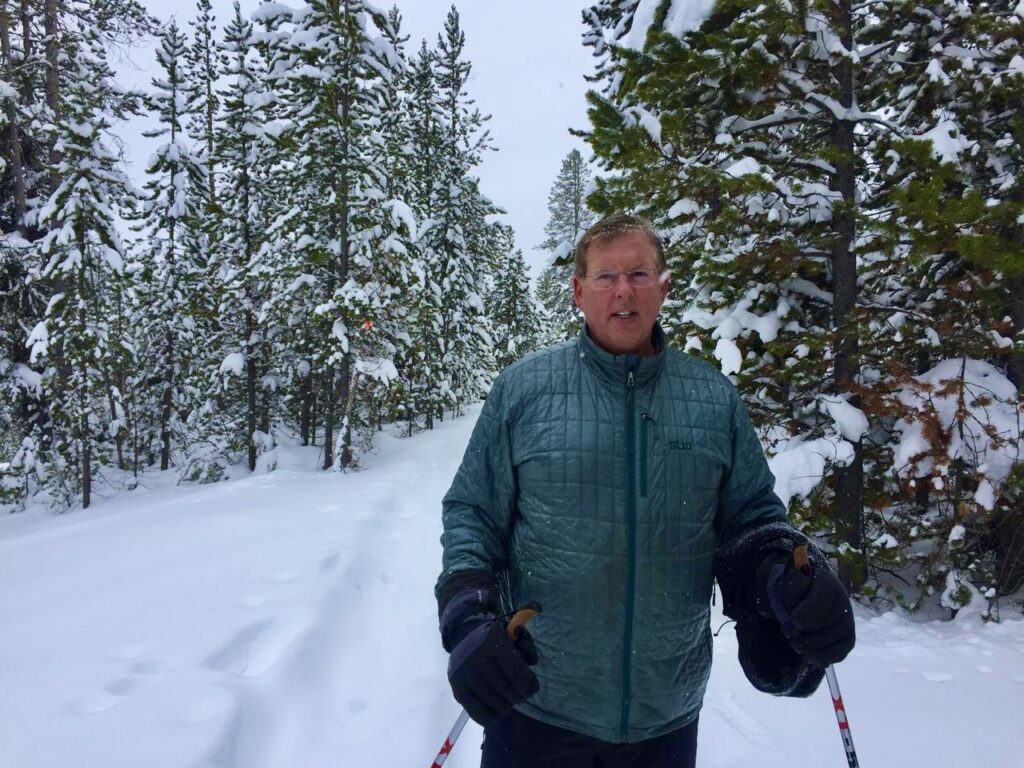
YELLOWSTONIAN: The title of the book is “A Watershed Moment: The American West in the Age of Limits” is wonderfully provocative and it speaks to the paradox of limits: At the same time that we are confronting that natural limits of nature and its carrying capacity to remain sustainable in terms of ecological function, we are facing the reality that humans need to check our level of consumption and engage in self-reflection. Share your thinking about each chapter provides a different access point for readers.
ROBERT FRODEMAN: We see each chapter as both standing on its own and as contributing to a larger story. In the chapters we get down to cases: communities across the intermountain West can learn from each other’s successes (and failures) in wrestling with problems like overtourism, housing, drought, conflicts with wildlife, development pressures, and political polarization. At the same time, we see a larger point that ties all these issues together, that the West is bumping up against both natural and social limits.
The second point is crucial – and hard! For talk of limits runs up against the American Dream. We’ve been taught that it’s our birthright to have more of everything, and our idea of freedom is being able to do whatever we want. But this assumes the absence of limits: otherwise, doing ‘whatever we want’ bumps up against the wants and needs of other people.
YELLOWSTONIAN: Where you live, near the Hoback River south of Jackson Hole and north of the Wind River Mountains, you have a front row seat to change that is swirling in Greater Yellowstone. Many people lament what’s happening, but you have stepped forward with your co-editors Luther Propst and Evelyn Brister with a book that is intended to engage people in a way that makes them think about the state of the modern West and get involved as citizens. How do you hope the book might be a catalyst?
FRODEMAN: There are many ongoing conversations about the future of the West. But we hope to reorient these conversations in two ways: by bringing scientific and humanistic perspectives together with a strong focus on practical policy-making, and to frame these conversations in terms of the idea of limit. Our culture has been on a 300-year binge: both the “discovery” of the New World and the creation of science and technology supported the idea that we don’t need to discipline our desires and that we can mainly act as individuals. We don’t think this is going to continue to work.
Overall, we see the American West as a microcosm of the challenges America and global culture faces. In fact, at one point we thought of having the book take a worldwide focus: places like Venice and Hallstatt and Sao Paulo are also wrestling with the question of limits. It’s planetary limits that we are bumping against (think climate change). On the other hand, we still have people like Elon Musk who reject the very idea of limits, in his fantasy that we can go live on (or at least strip-mine) Mars. This is a dangerous fantasy.
Our culture has been on a 300-year binge: both the “discovery” of the New World and the creation of science and technology supported the idea that we don’t need to discipline our desires and that we can mainly act as individuals. We don’t think this is going to continue to work.
—Robert Frodeman, co-editor of “A Watershed Moment”
YELLOWSTONIAN: Related to that answer, are we unable to plan ahead? In academia, you spent a lot of time thinking about human history. You also like to travel. You have pondered the waves of humanity involving members of our species moving around the world spatially and in time. Great civilizations have risen and fallen, as people like Jared Diamond have written. We seem fixated largely on only what’s in front of us. What trendlines are you paying attention to, globally and, in particular, in the West?
FRODEMAN: For me the core questions are two: for how much longer can we pretend that the world is infinite? And for how much longer will we refuse to discipline our desires? I’ve spent a lifetime thinking about the long arc of Western civilization; I believe that we are still working from the assumptions of the 17th century. The Enlightenment made two moves that still define our culture: let’s give up on trying to make people more virtuous, and instead, let’s look to science and technology for a work-around when we bump up against limits. The result is a world run by people like Elon Musk – smart, with no scruples.
YELLOWSTONIAN: During the latter half of the 20th century with the first Earth Day happening in 1970 and modern environmental protection laws coming online in the years that followed, the conservation movement has focused a lot of energy on trying to heal and undo abuse of land and wildlife that happened during Manifest Destiny. The thought was that shifting away from resource extraction economies to tourism and building lifestyle communities would be more benign. That’s not necessarily the case. Those activities on consumptive in their own way. Sprawl is causing more permanent impacts and even negative spillover effects on public lands. How can this be addressed?
FRODEMAN: The answer that the book offers to this question – recognizing limits – at this moment feels deeply untimely. Trump represents many things, but one of the most central is that there are no limits (personal, ethical, economic, political) to our behavior. It’s hard to imagine a political motto (MAGA) that’s a better reflection of what we want but cannot have – to go back to the past, when we were able to more easily believe that there are no limits to our actions. This, then, is a book is a kind of postcard to the future. It claims that—eventually—reality bites. The plain fact is that we are not going to be able to squeeze many more people into Yellowstone or Jackson. The bet of the book is that our illusions will eventually crash into this reality.
NOTE: You Can Listen to a conversation Frodeman had with Utah Public Radio’s Tom Williams about the book by clicking here.

